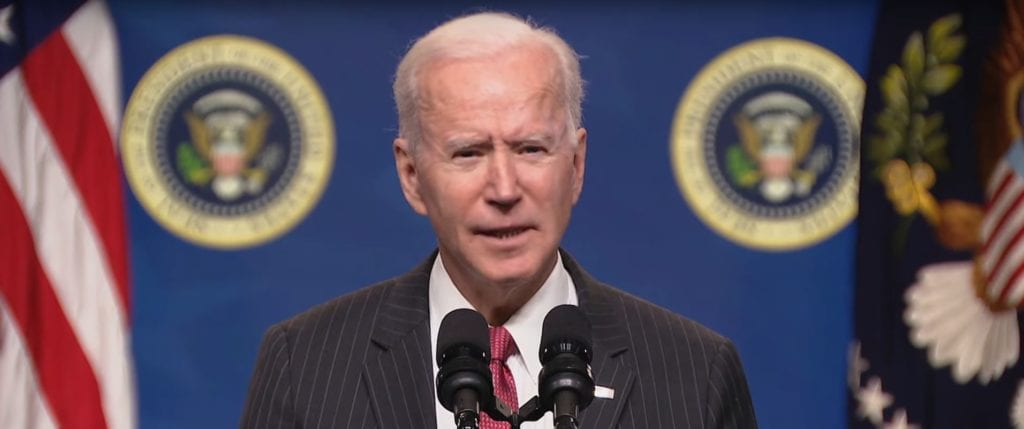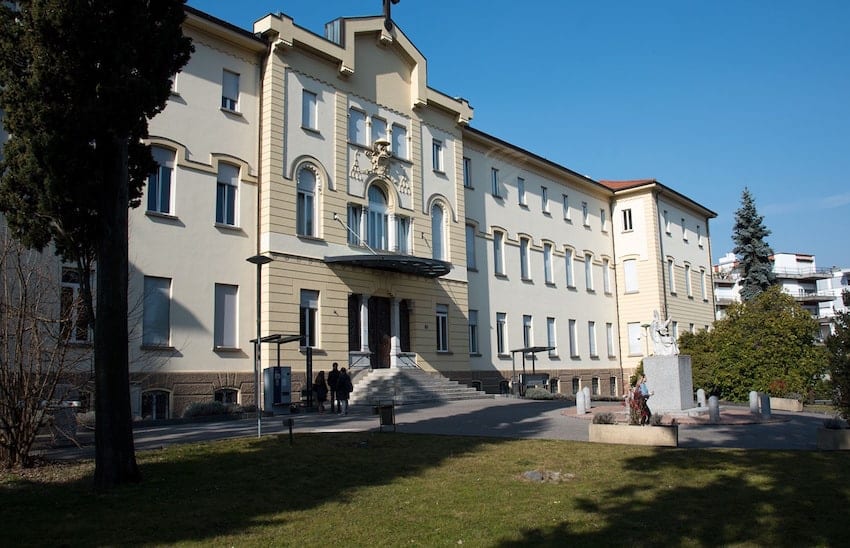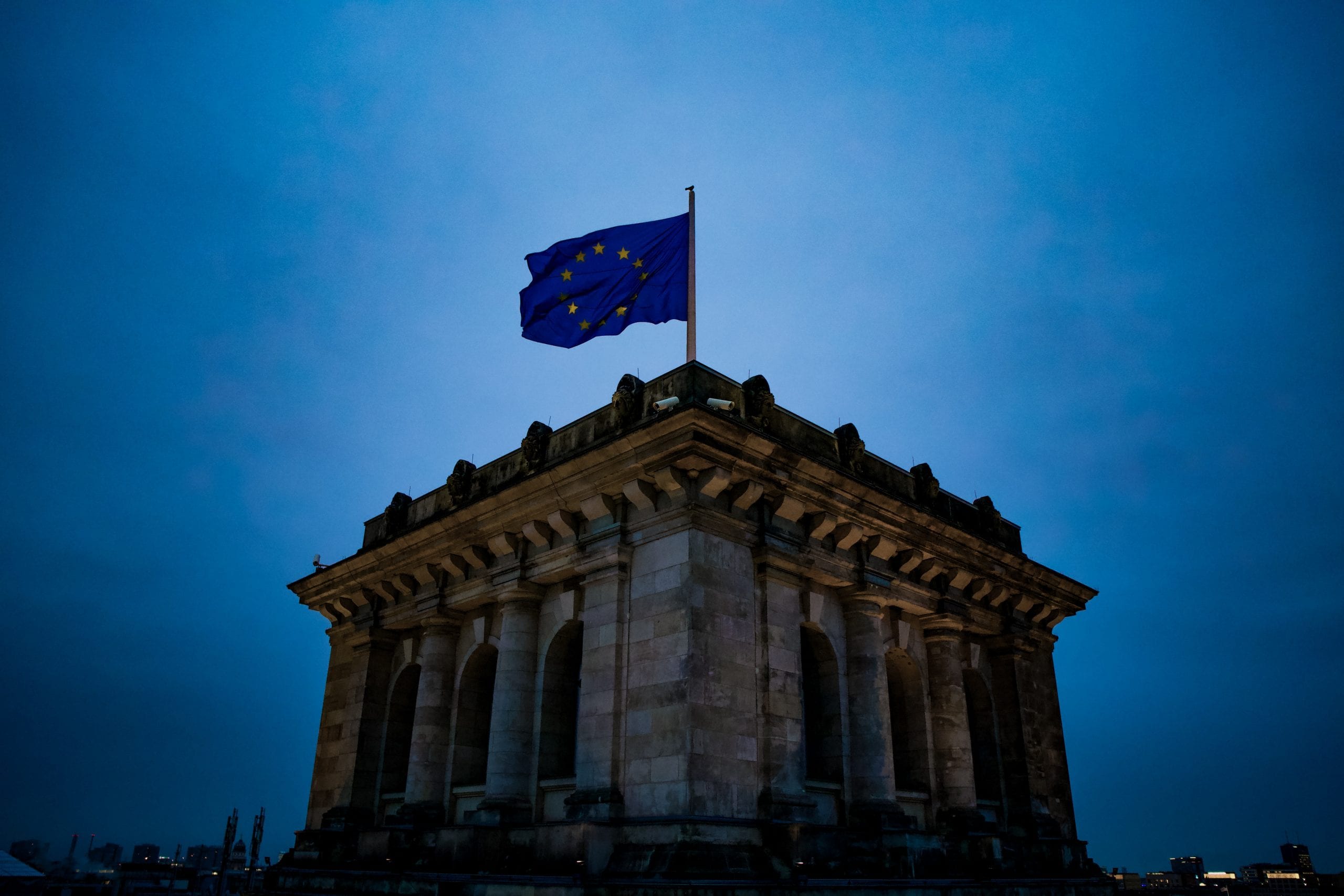The European Union deceives itself if it thinks its problems in the transatlantic relations are over with Donald Trump’s defeat and Joe Biden’s arrival in the White House. Compared to his predecessor, the new US president has shown remarkable openness and a multilateralist attitude. However, it’s a mistake to think Biden will solve the EU’s structural problems – including those related to cohesion and identity – or be softer in terms of trade and defence with Brussels. The warm welcome the new administration has received from the European governments seems very conciliatory, but Biden will point the finger at the EU’s flaws and deficiencies anyway.
After the symbolic and widely announced return to the Paris Agreement, Biden’s priority will essentially be within the US domestic field. He will soften the rhetoric, but he is not going to abandon the “America first” model explicitly set by his predecessor. He will inevitably have to deal with the complicated polarization of American society and give immediate and effective responses to the Covid-19 crisis. Leaving aside the competition with China, Russia’s hacking threats, nuclear tensions with Iran, immigration from Latin America, as well as the tech-race and climate issues, like it or not Biden will necessarily focus much on the US domestic policy. He will maintain a benevolent gaze over the Atlantic, but he’ll address two of the major problems raised by the Trump administration towards the EU. On the one hand, the trade issue, on the other the concerns on common defence.
As for trade, Trump was impulsive and brutal towards the protectionist policies of the European Union. In 2018, he defined the EU as a commercial foe and imposed tariffs on steel and aluminium coming to the US. The duties came also in reaction to the acquired competitiveness of European products following the American duties imposed on some Chinese goods. The Biden administration will not remove tariffs on European imports in the short term. Perhaps reassured by his timid smiles and political openings, the European leaders hope the new president will totally cancel tariffs and barriers. Realistically, he won’t do that soon, since the US trade balance deficit is still a hot issue in the US. Furthermore, if Biden wants to gain partial support from those Americans who have a deep mistrust of him, he cannot completely abandon Trump’s policies of tariffs and duties. It should also be remembered that some extremist Democratic Party’s members – such as the populist Senator Bernie Sanders – are perhaps even more protectionist than many Republican Party’s MPs. Therefore, Biden won’t immediately cancel the duties on European imports.
The second major issue in the context of new transatlantic relations, that of common defence (NATO), was also emphasized by Trump with extreme vehemence. Over the years, several European countries haven’t allocated enough GDP percentage to defence. What Biden will certainly do is to remember to the allies the importance of collegiality, the need for NATO cohesion, and the need for fair burden-sharing. However, the new president is not likely to push much on this point, since he knows that European countries’ expenditure in the next years will be on post-Covid-19 recovery. In such a context, it would be absurd and frankly inhuman to think of cutting welfare resources to increase defence expenditure. The US is still the country that allocates the most in defence in terms of GDP worldwide, but it certainly won’t tolerate the European countries not contributing in some way to their share.
Trade and defence are two important chapters that could be in substantial continuity with the Trump administration. The tones will change, but Biden will surely underline the discrepancies existing on those issues as well. The US-EU relations are theoretically more solid today than they were with Trump, who had opted for a unilateral and isolationist posture in many of his foreign policy’s fields. While pursuing his policy agenda, despite his multilateral tendency, Biden will be partially isolationist as well. As for unilateralism, historically, the allies had (almost) always done what the US asked; and during the Cold War, the loyal (Western) European countries obeyed because of the very lack of alternatives to the American model. Today the EU has to decide whether to become independent from the timid neo-inclusive Biden’s US or to get back under Washington’s protective umbrella again.
On the one hand, the EU must decide whether to strengthen its independence, which means finally creating a Union’s common foreign and defence policy. On the other hand, it must decide whether the return in a US-led Atlantic framework is in its interest. Depending on what European leaders intend to do in the future, the EU must understand that it cannot always rely on the US on a geopolitical level. The Trump administration has taught the allies that America can be unpredictable and that sometimes it suffers from isolationist revivals, which historically rarely lead to “make America great again”. America is great when it leads. Like all US presidents, Biden will also want to “MAGA”, but his receipt to achieve this is to be more inclusive with the European allies than Trump’s. It will be up to them to decide whether to embrace the offer of more transatlantic cooperation with Biden or to carve out more independence from Washington.
Whatever the European leaders’ choice, the EU will soon have to decide which side to take between the US and China. Regardless of the trade and the defence disputes, with the US, Brussels is a fragile third pole that wants to play the arbiter role in an increasingly interdisciplinary and bitter geopolitical confrontation between Washington and Beijing. China’s courtship seems irresistible in many European countries, which at the same time waved Biden’s victory favourably. While keeping an “American first” attitude, Biden will do everything he can to attract European partners: the inclusion of some European countries into the Belt and Road Initiative would certainly lay the foundations for a greater understanding with Beijing, rather than with Washington, despite the controversies over trade and defence.
Amedeo Gasparini



















